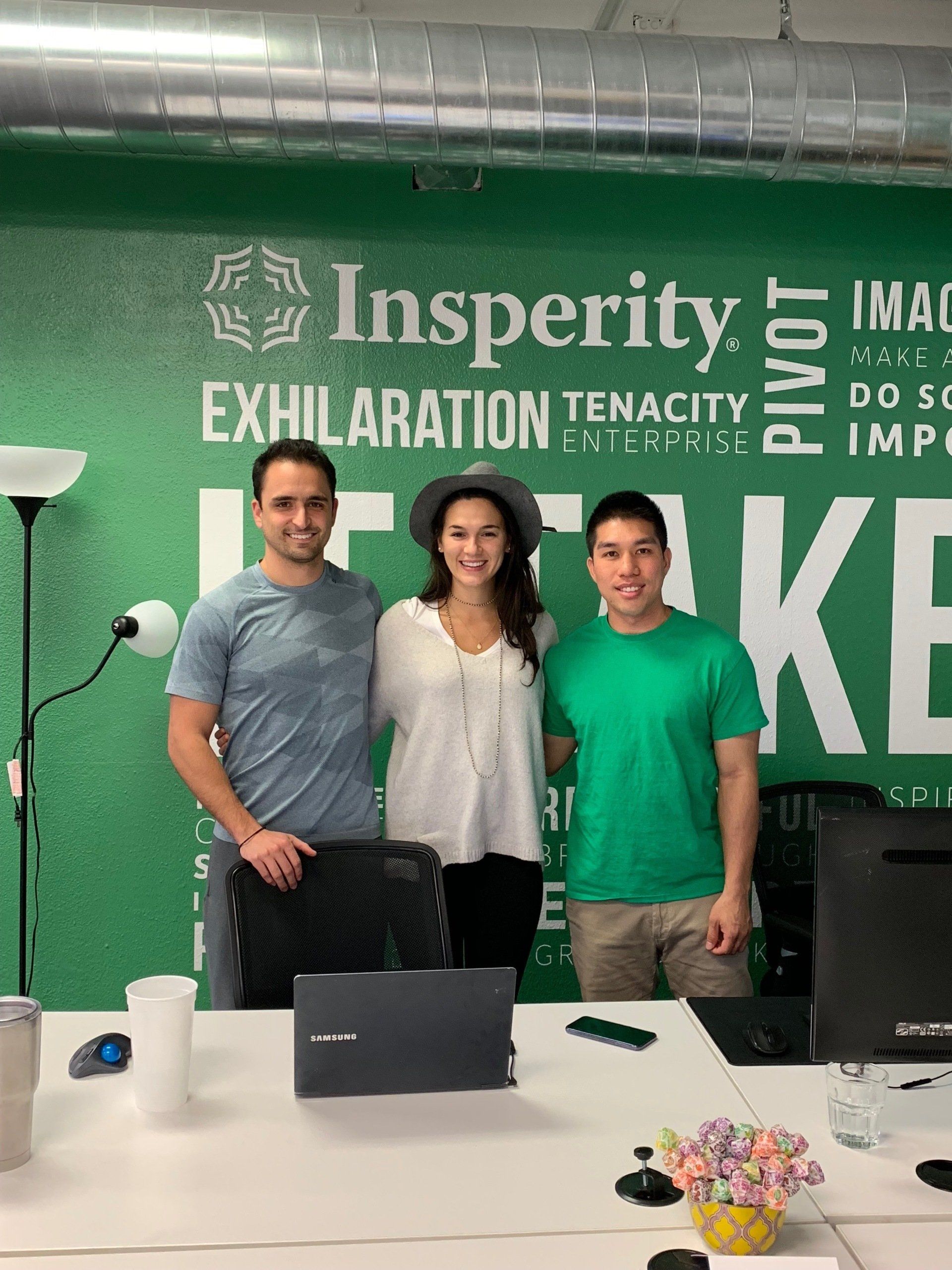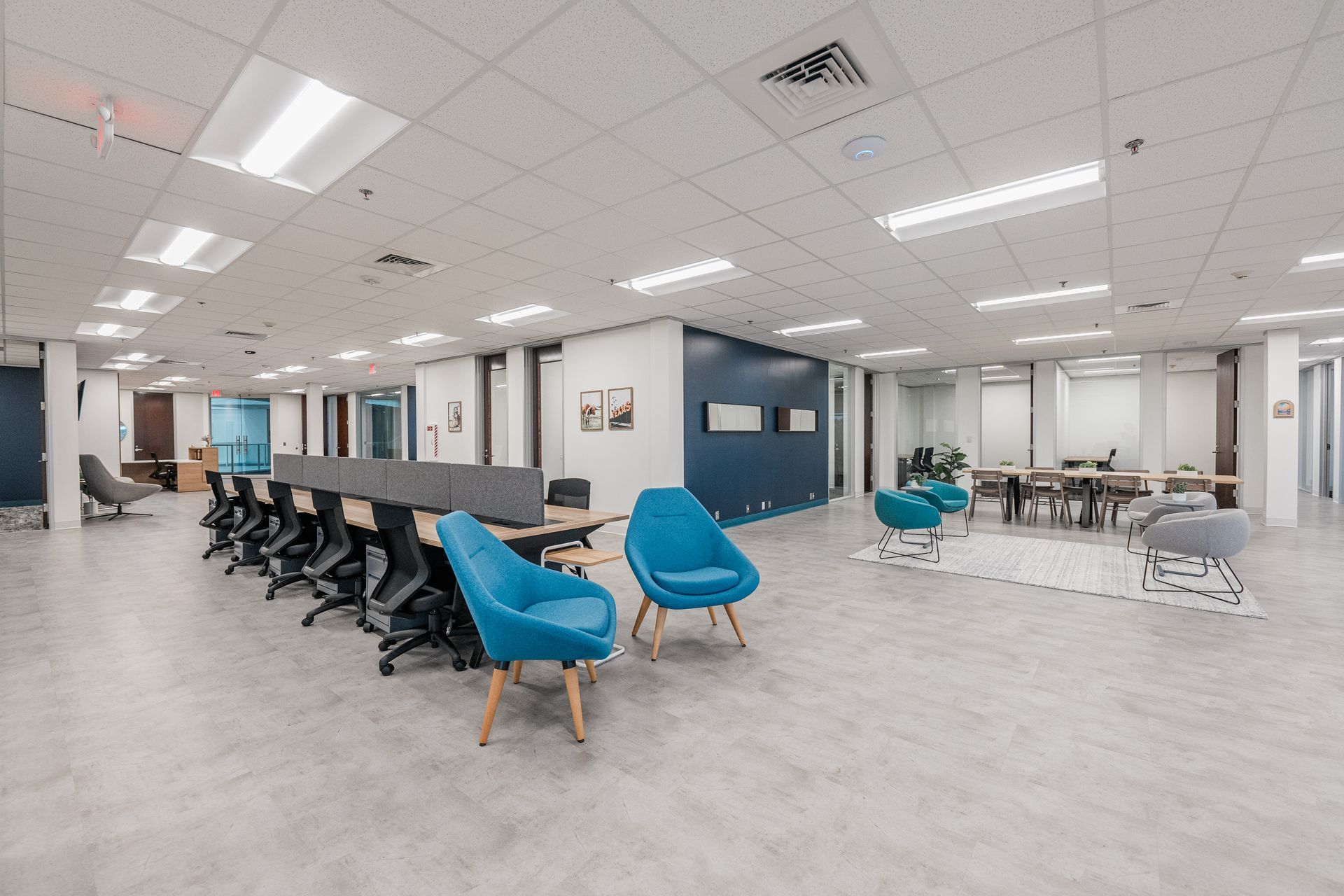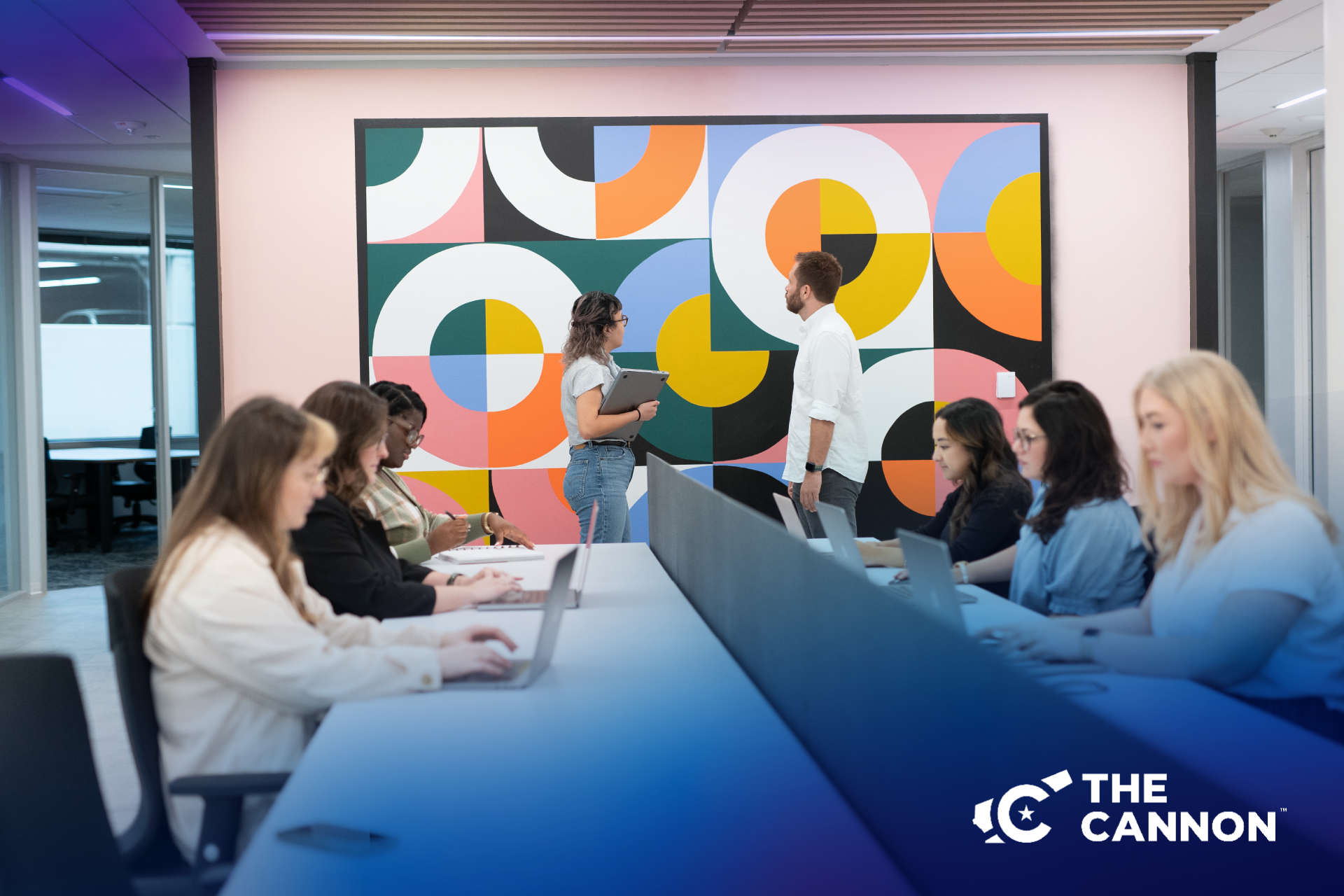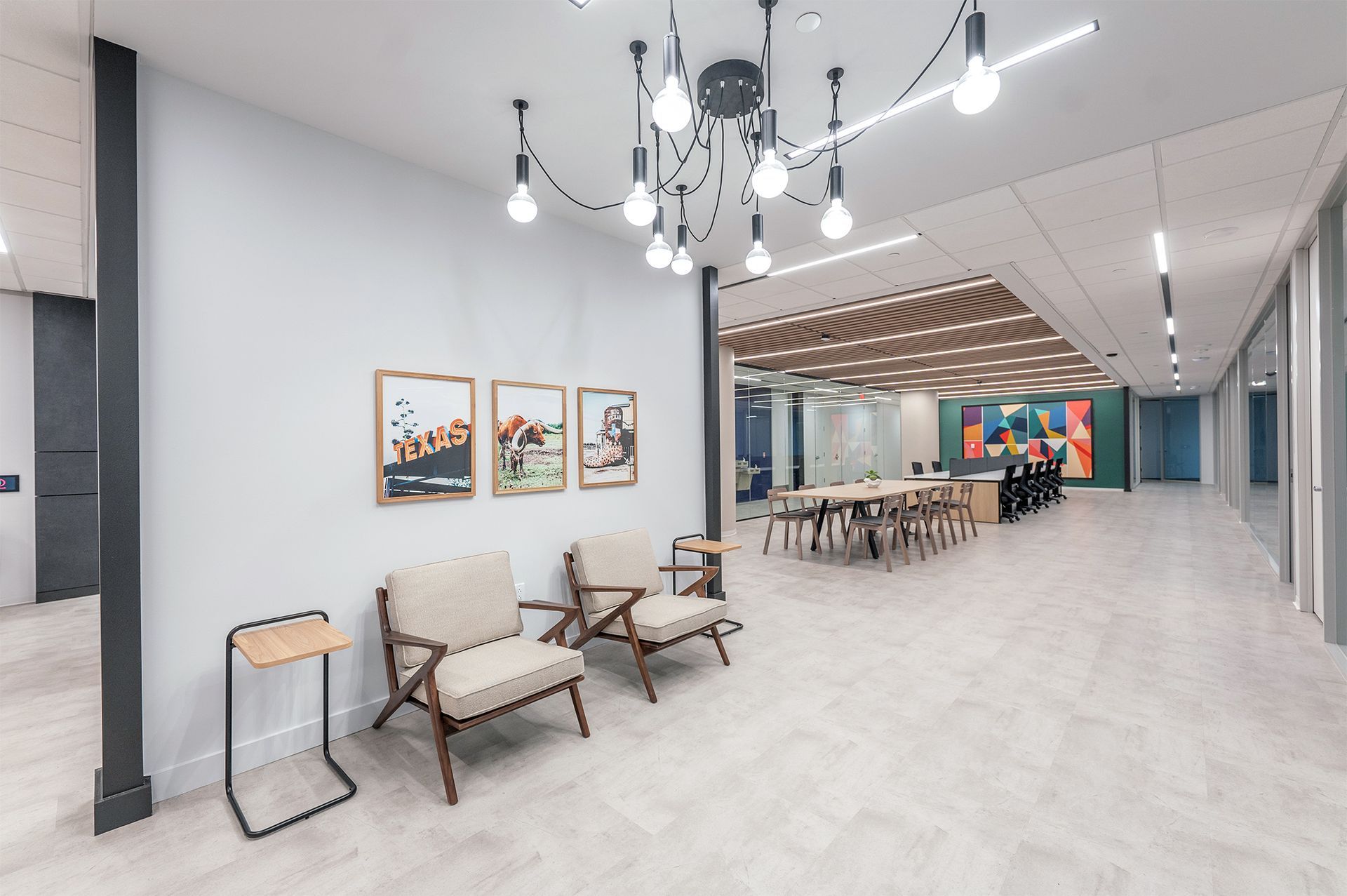EllieGrid: A Spoonful of Sugar
The Cannon Houston • November 20, 2018
EllieGrid: A Spoonful of Sugar
People don’t like taking their medicine. It’s been true since Mary Poppins offered up a spoonful of sugar to those two obstinate children. Young or old, we as humans struggle to keep up with the pills and potions prescribed to save our lives, and it costs us dearly in lost lives and dollars. EllieGrid founders Abe Matamoros, Regina Vatterott, and Hieu Nguyen, saw that problem and sought a solution. They sold $200,000 of the resulting product in the first two months after its conception, and they’re only getting started.
Now that EllieGrid, the winner of our first Insperity Innovation Scholarship and recipient of a complimentary 6 month dedicated desk membership (and fresh off a nomination for Forbes 30 under 30), has gotten settled in at The Cannon, we sat down with Abe to discuss why EllieGrid is the spoonful of sugar we need.
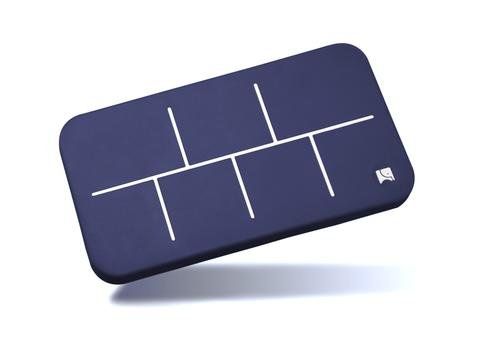
The Cannon:
Thanks for taking the time Abe! We want to know about EllieGrid. Why do y’all do what you do?
Abe:
A couple of years ago Regina and I were walking to lunch together with some friends when, out of nowhere, she just collapsed. We took her to the hospital, really worried because we had no idea what happened. Once she got better, she told us she hadn’t been taking her medication as prescribed. She had one of those pill boxes that say Sunday through Saturday on the top and have time periods on the side. It took her 30 minutes every week to organize the pills into the right compartment. Even when she organized it she would forget to take her it (her medicine), and she hated that her friends called it an “old people pill box.”
We started looking at other products and found a ton of smart dispensers and smart pill boxes, but they were all targeting older demographics; people above the age of 70. At that time, my grandfather was also struggling with medication and I had an encounter with him. I had this thing with my grandpa and this thing with Regina, who was advertising for thousands of independent pharmacies at the time. She also realized that there’s nothing for people below 70. That’s why we designed EllieGrid: a smart pill box.
We’re primarily targeting people between 35 and 65; you know, that baby boomer demographic that takes a lot of medication but don’t want something that makes them feel old or stigmatized. Even on our website we have young people taking vitamins, things like that so that people can feel more empowered and not more sick.
We just want to help people live happier and healthier lives. Medication non-compliance is a huge problem. The direct cost of non-compliance in the U.S. is $300 billion because people don’t take their medicine right, then they get sick, then they go to the hospital, then they get prescribed more medicine and it just snowballs. Over 125,000 people die every year because they don’t take their medicine correctly, and we just want to help solve this problem.
TC:
Have you found consumers with an appetite for your product?
A:
Well, we started it in school and we didn’t have any money. Regina put up a website essentially saying, “We don’t have this product yet but here’s the idea. Buy it now and we’ll use the money to go through manufacture and design.” We got really lucky because a lot of people seemed to really want the product. Within two months we sold about $200,000 worth of product. We used that money to go through manufacturing and production and this year we were able to deliver all those units. We just manufactured a new batch and are starting to sell consistently.
TC:
What’s next?
A:
We want to start growing, selling the product, lowering our customer acquisition cost, and start gaining more users. In regards to technology, we want to start learning our users’ habits through the sensors on the device and on the phone, so that we can ultimately predict when people will miss their medicine before it even happens or trigger alarms at optimal times based on this user’s habit. Maybe they wake up later on Saturday than they do on Monday. So on Saturday we wouldn’t sound the alarm early, we’ll sound it once they wake up. We want to implement an A.I. It’s hard for a human to pick up on all those data points, but an A.I. can do that and tell a caregiver, “Hey, this person is more likely to miss their medicine today.” Whatever it takes to increase the possibility that they take their medicine.
You can visit Abe and the EllieGrid team online
or on campus at The Cannon.


